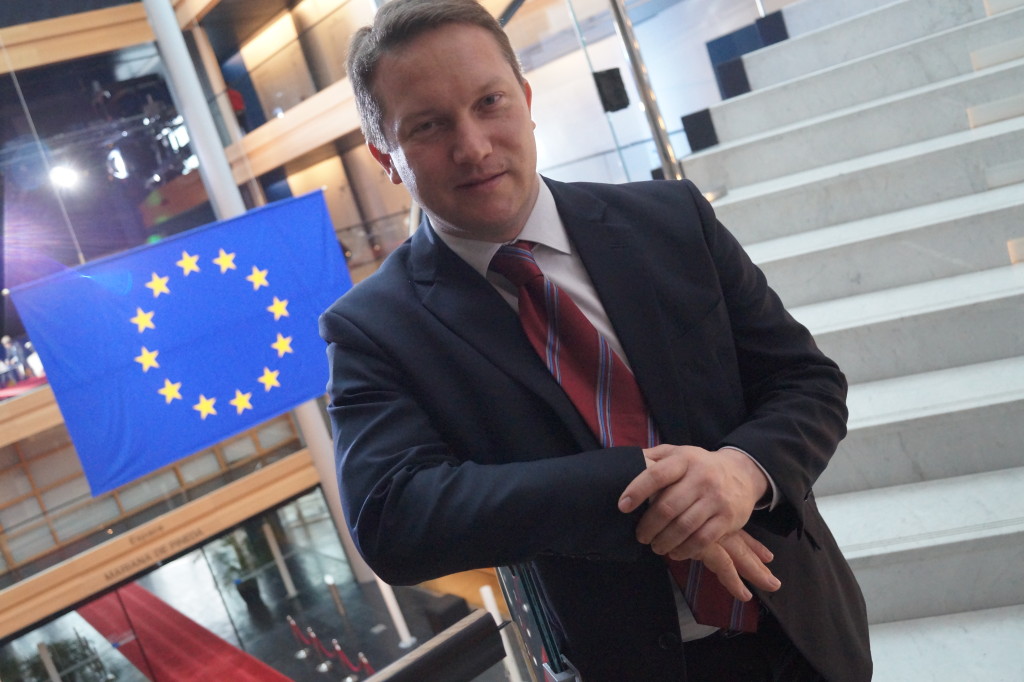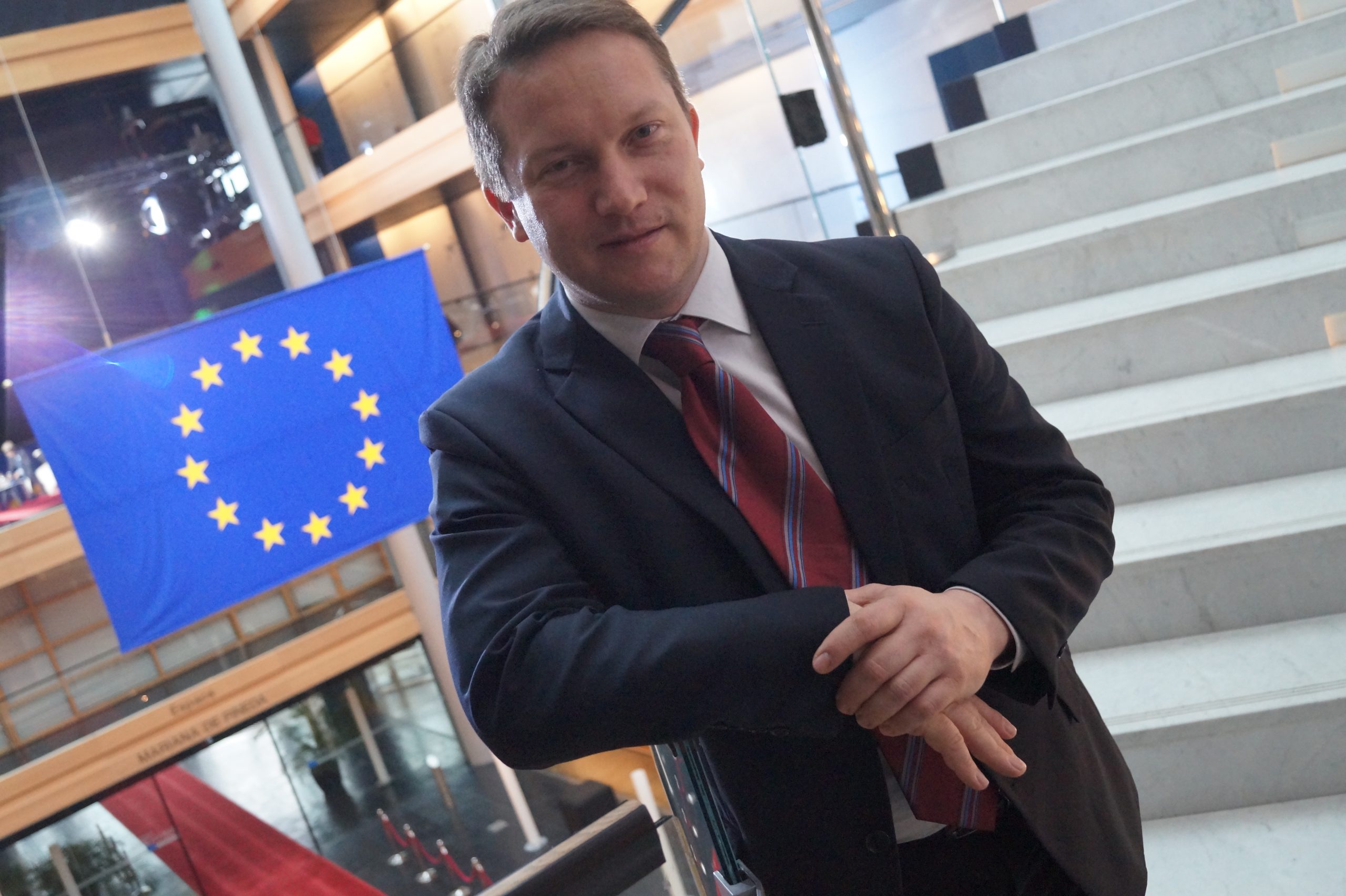Published: 8.6.2015
 Interview of MEP Istvan UJHELYI, ViceChair of the Committee on Transport and Tourism in the European Parliament
Interview of MEP Istvan UJHELYI, ViceChair of the Committee on Transport and Tourism in the European Parliament
MEP István Ujhelyi is Vice-Chair of the Transport and Tourism Committe and responsible for the Tourism Task Force. He is also a key member of the Parliamentary Intergroup on the Development of European Tourism Cultural Heritage, Ways of Saint James and other European cultural routes. HOTREC asked Mr. Ujhelyi (S&D, Hungary) to share his views on the role of the Task Force on Tourism as well as on other relevant topics impacting tourism.
– How do you intend to foster tourism within the context of the Task Force on Tourism?
– The real importance of the Tourism Task Force (TTF) is that those Members of the Transport and Tourism Committee (TRAN) who think that tourism is an independent policy in political and economic terms, have applied to participate in the activities of TTF. MEPs have the possibility to draft proposals in line with the topics impacting the Tourism sector, which will be submitted to and discussed with the coordinators of the political groups in the TRAN Committee. The real consultation, – as channelling the needs of the tourism industry -, was always important for me, for these reasons we announced the development of the Tourism On The S.P.O.T (Special Partnership On Tourism) program that aims at fostering a closer cooperation between the European institutions and the tourism sector. I take into account all the players. As for the Tourism Task Force, it acts as an integral part of the TRAN Committee as its official programmes are included in the official Agenda of the Committee. The main task of the TTF is the screening of all the EU legislation on the political agenda and selection of the topics that impact tourism in order to make a link to the fields where the TRAN Committee can draft an official position. This happened, for example, with the VISA package where finally only the TRAN Committee would give an opinion to the two reports that had been drafted by the LIBE Committee. These two reports are, the re-cast of VISA Code regulation and the newly introduced touring VISA. I have to say, therefore, that the Tourism Task Force is an important and significant influential professional body of the TRAN Committee.
– What is your opinion on the visa package proposed by the European Commission especially with regard to the economic impact that the proposal will bring to the tourism sector when approved?
– It is clear that the visa-facilitation helps to increase the number of tourists arriving from third countries. In fact, the European Commission’s study analysed the economic benefits that could result of the visa-facilitation. Personally, I share these views. For the time being the main difference among the positions of the political Groups of the Parliament is the enforcement of safety aspects – further applying stricter rules, and at the same time highlighting the economic advantages (more tourist arrivals) – as it means facilitation. The question is how to preserve the security in parallel to taking advantage of the economic benefits? Of course, there are also specific areas and issues for the maritime and aviation industries, which should be included in the opinions.
– What is your opinion about the impact of the sharing/shadow hospitality economy on the traditional tourism sector?
– The so-called „sharing economy”, namely the share-based economy, is actually the child of a new generation of industrial revolution, which now appears to significantly transform the lives of the sectors concerned. The progression, the development of better and cheaper services as more widely spread and emergence is definitely positive, and we have to support it and it should be encouraged. However, such influential initiatives that have huge impact on economy and social life, can not be left unregulated in the interest of both the market participants and the consumers who are using these
services. The same regulations do not apply for the new, progressive and uncontrolled „players” compared to the older, traditional operators. It is not fair at all, why new operators can evade certain obligations opposed to the traditional participants? I stand by the hotel industry players on this topic. The economy based on sharing undoubtedly creates competition, which could reduce prices and improve the quality of services, which is forward-looking; but if the conditions of the competition are not identical, it is unfair and creates market distortion. In my view, an integrated EU guideline is needed to settle the situation of both traditional and new actors.
Hotrec newsletter – Live from Brussels Issue 70 (21.May 2015)
